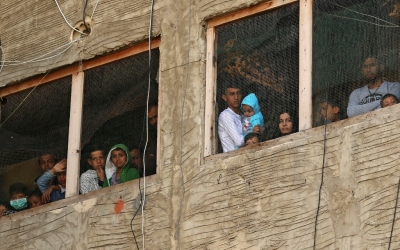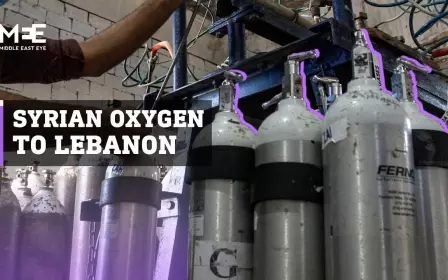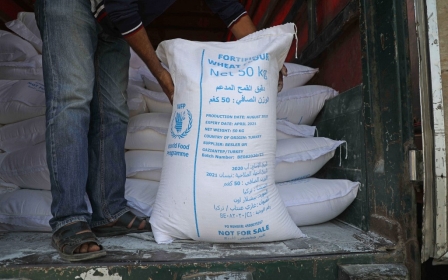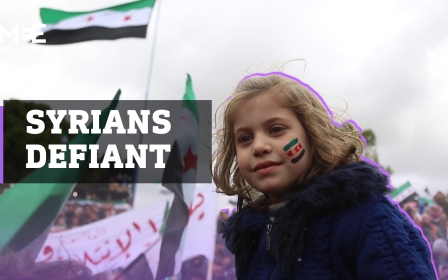'A grave step': UN warns UK against cutting humanitarian aid to Syria
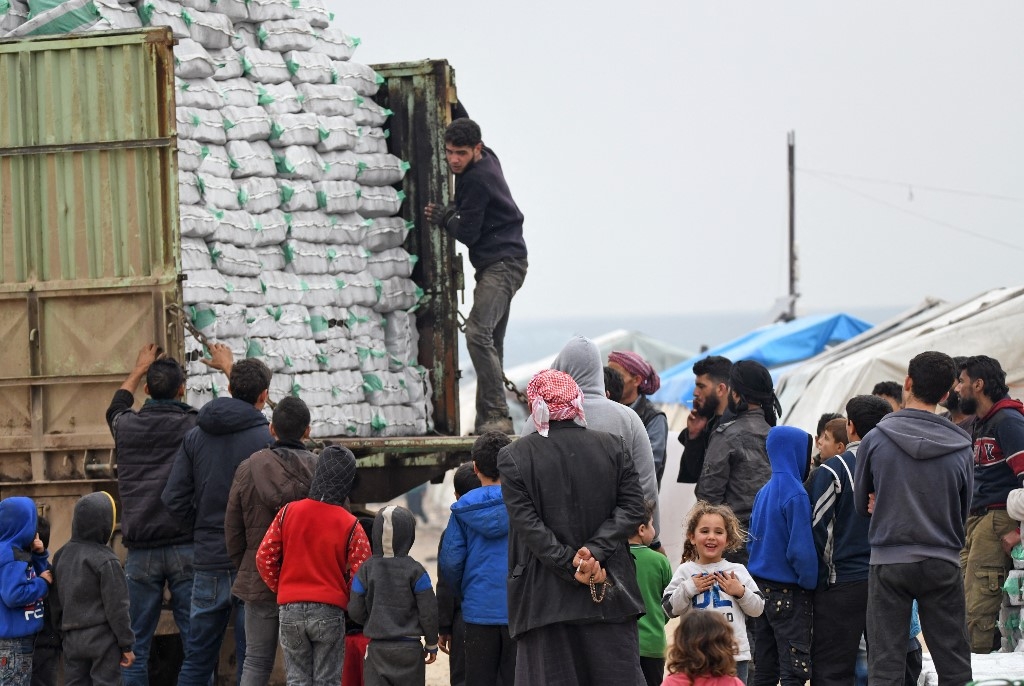
The United Nations has urged the UK not to slash humanitarian aid to Syria next week, warning the move could further destabilise the war-torn country.
The UK is the only major donor threatening to cut aid to Syria ahead of a high-profile donor conference where organisers are looking to raise $10 billion.
According to a leaked report of discussions held in the past three weeks among Foreign Office officials, the UK is planning to cut aid by 67 percent.
The UN's chief humanitarian coordinator, Mark Lowcock, warned "this is absolutely not the moment for donors to downgrade Syria in their priorities".
"Millions of Syrians are resorting to desperate measures to survive. To cut aid now would be massively destabilising. It would be a grave step in the wrong direction," he told The Guardian.
New MEE newsletter: Jerusalem Dispatch
Sign up to get the latest insights and analysis on Israel-Palestine, alongside Turkey Unpacked and other MEE newsletters
The European Union will hold its fifth international donor conference virtually on 29-30 March.
A $10bn target was set to help Syrians with education, housing and employment in Turkey, Lebanon and Jordan. This included at least $4.2bn for the response in Syria and $5.8bn to support refugees and host communities in the region.
At the fourth "Supporting the future of Syria and the region" conference held in Brussels in June 2020, international donors pledged a total of $7.7bn.
"A decision to turn away from Syria today will come back to bite us all tomorrow," Lowcock said. "In 2014 our appeal was poorly funded. In 2015 there was a huge exodus of people from Syria to Europe."
The UK pledged £300m ($413m) towards the Syrian crisis last year and says it gave a total of £3.5bn ($4.8bn) between February 2012 and December 2020. Despite their appeals, UN officials are expecting a "significant cut" in UK aid.
An estimated 9.3 million people live with food insecurity in Syria, UN figures show. Food prices soared by more than 200 percent in 2020.
"The majority of people can't afford to eat," Lowcock said. "Millions of Syrians are resorting to desperate measures to survive."
Middle East Eye delivers independent and unrivalled coverage and analysis of the Middle East, North Africa and beyond. To learn more about republishing this content and the associated fees, please fill out this form. More about MEE can be found here.


